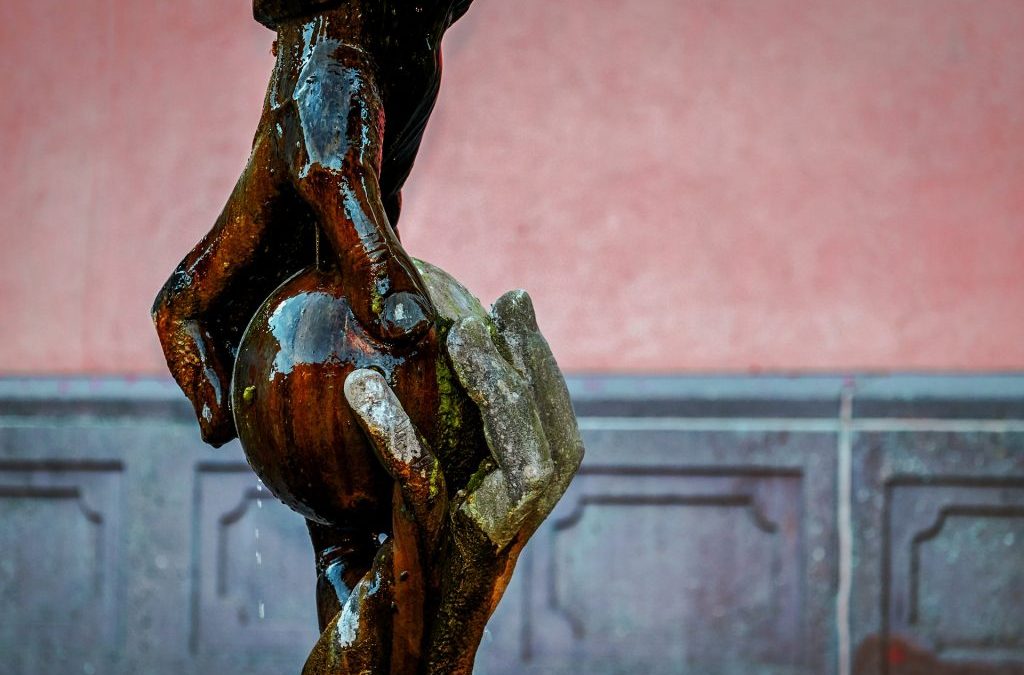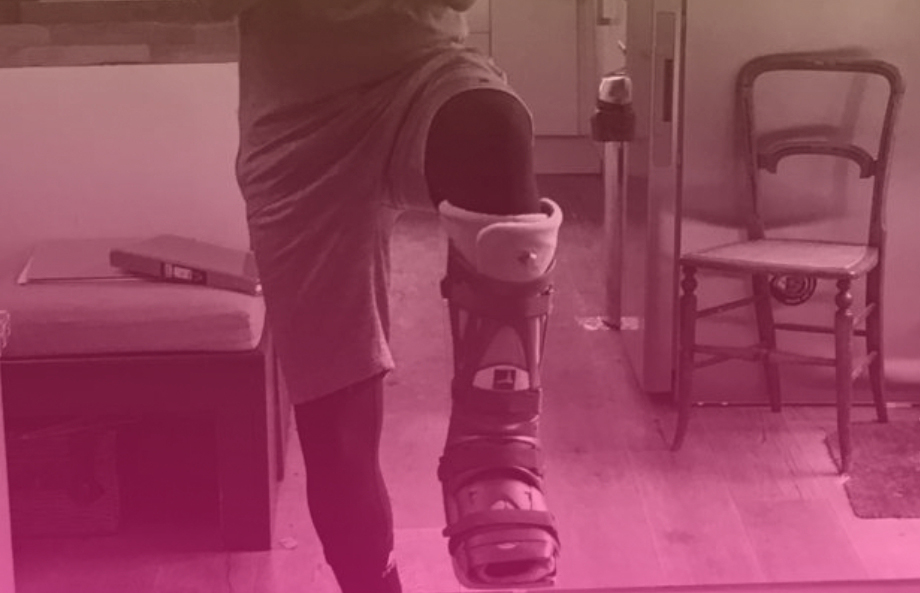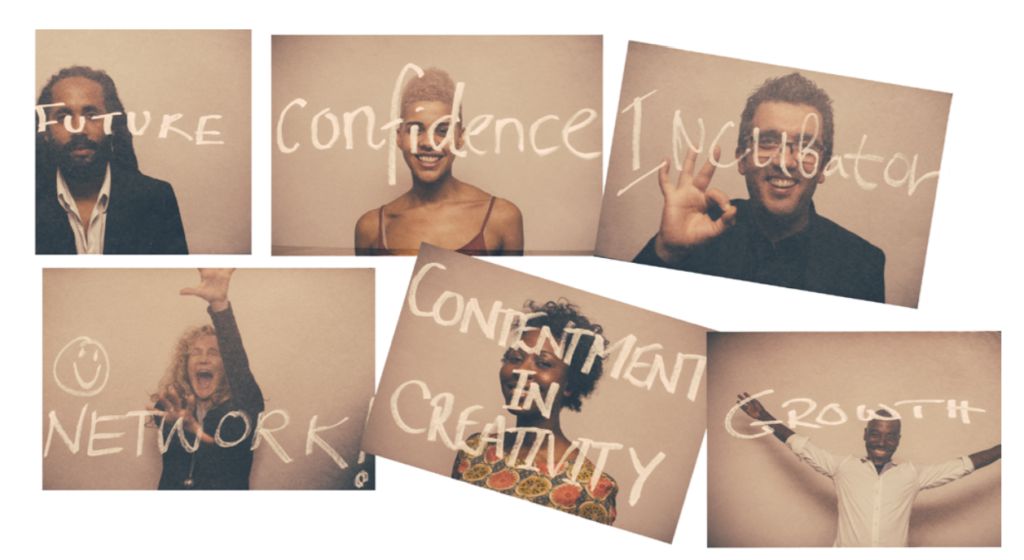
Open Letter to Arts Council England (article)
Dear Darren / Sir Nicholas,
Arts Council England (ACE) has tried everything it can think of to improve diversity. The effort has been immense (this should be acknowledged) but the results, in your own words, have been ‘disappointing’. Your recent calls for the Arts Council to do better on racial inequality going forward are welcome. It’s in all our interests that this time we succeed. Ongoing failure hurts us all. It is with this in mind that I write to you.
No doubt you have both been overwhelmed with advice on the best way to improve diversity in our sector. But I am compelled as someone who has worked on issues of power, race and identity for 25 years, and as founder of a Sector Support Organisation (MeWe360) which represents one of the largest BAME networks of creative entrepreneurs in the UK, to add my voice to the mix. Thank you in advance for taking the time to read this.
I make the case below for a greater delegation of power through a £12.5m BAME-led investment fund as the quickest and most effective way to change the longstanding racial inequalities in our sector. That is our first ask. This figure is only 3% of ACE’s £409m spend on National Portfolio Organisations (NPOs). To put this in context, if I suggested investing in proportion to the size of the BAME population, the figure would be £57.6m (or 14% of ACE’s NPO spend). The size of the ask means that creating a BAME-led fund can be delivered within ACE’s existing diversity and innovation budgets.
Once this investment fund delivers success, we need to increase the spend to reflect the need. The second ask is that upon tangible success – which we think can be delivered within 3 years – the sum of £12.5m be doubled to £25m. That would still leave it far short of the proportional £57.6m but would provide compelling momentum towards solving an issue that has proven persistently stubborn for far too long.
Racial equality in the arts should not just be an aspirational hope. It needs to be a practical ambition, underpinned by deep understanding of the issues and by tangible action. We propose a solution which is within your power to implement, delivers far better than current strategies and has the potential for lasting and powerful impact. My call is for ACE to take up its responsibility and use what influence it has to redistribute power and resources to those who have, for so very long, been marginalised and silenced.
Why a Black-Led Investment Fund Will Deliver a Fundamentally Different Outcome
In short because ‘autonomy’ delivers better and is more important than access or money.
The sad truth is that we are wasting our spend on diversity. We use that money on setting or meeting quotas by “mainstream” institutions on the diversity of their audiences; or by investing in large BAME cultural institutions; or on various diversity programmes. This approach is not delivering and needs to be replaced by one that will.
A BAME-led investment fund is an idea whose time has come. It works because black leadership can focus the investment on the black enterprises that can make a real difference in changing the landscape. A slate of successful black-led initiatives and enterprises will not only deliver excellence in themselves but also provide role models and case studies of what successful diversity looks like. It will both directly address the race issue and provide a compelling catalyst for change across the whole sector.
In my view, there can be no better manifestation of diversity nor any better driver for progress on inequality than autonomy. A BAME-led Enterprise and Innovation Fund delivers this.
Why We Will Need to Invest More In Time
There is clear evidence (including from the recent culture bailout) that BAME-founded organisations are systematically under-funded because they are pitted against the interests of the major museums, galleries, theatres and opera houses. ACE has not invested at all in proportional funding which would require significantly more cash to BAME NPOs, c. £34.5m.
The average grant of our largest institutions is four times that of 12 of the UK’s best BAME-founded organisations combined. To pick one example (out of many), the ENO grant of £12.38m p.a. would pay for 25 Akram Khan Dance Companies; or 29 Phoenix Dance Companies; or 49 Punch Records; or 56 Ballet Blacks; or 59 Tomorrow’s Warriors; or 63 organisations like MeWe360.
These BAME-founded projects are part of ACE’s National Portfolio and deliver excellence, value for money, drive innovation and create small businesses which will diversify the sector and be the heritage of tomorrow. Yet the annual budget of the largest institutions could fund 12 such BAME NPOs (collectively) nine times over.
If at every 4-year spending review, ACE were to increase funding to all these BAME organisations by four per cent (more than twice the current rate of inflation) it would take 140 years for them, collectively, to match the grants of our larger institutions. We would not accept this rate of change to fix the inequalities in the criminal justice or education systems. It is equally intolerable for us to wait so long to root out structural inequalities in the arts.
We never ask any of the major arts institutions to deliver excellence on a shoestring. Yet, in terms of relative funding, we ask BAME-founded organisations to deliver excellence whilst surviving on crumbs. The rate of attrition on BAME leaders and their organisations is high, and, as a result, diversity and equality becomes a mirage. This is what David Olusoga meant when he said:
‘’… diversity is cherished, only so long as it doesn’t upset or challenge the values and beliefs of those with power. So in the end it comes down to this … does our industry [sector] have the will to genuinely share power with those who have, for so very long, been marginalized and silenced’’.
Summary
I have tried to outline two main issues that have held back progress on the issue of race. The first is the ineffectiveness of current approaches. And the second is the scale of racial inequalities in arts funding, i.e. that on our current trajectory we are several generations away from a fair solution.
And I have outlined two solutions. The first is to delegate investment to a separate BAME-led fund as the means by which to enable the autonomy that will deliver a fundamentally better outcome. Such a fund would demonstrate a real commitment to delivering on the powerful statements made by you both, e.g. in the introduction to ACE’s Diversity Review by Sir Nicholas, and the Black Lives Matter blog by Darren. And the second is to double the budget allocation once this approach is shown to work. It would still leave the sector short of racial equality but would make a very substantial contribution towards the outcome we need to realise.
These solutions are practical and within your power to implement. They will deliver far better than current strategies, will enable enduring change and will deliver lasting and powerful impact. We should act now.
Yours Sincerely,
Kevin Osborne
Founder & CEO
MeWe360




